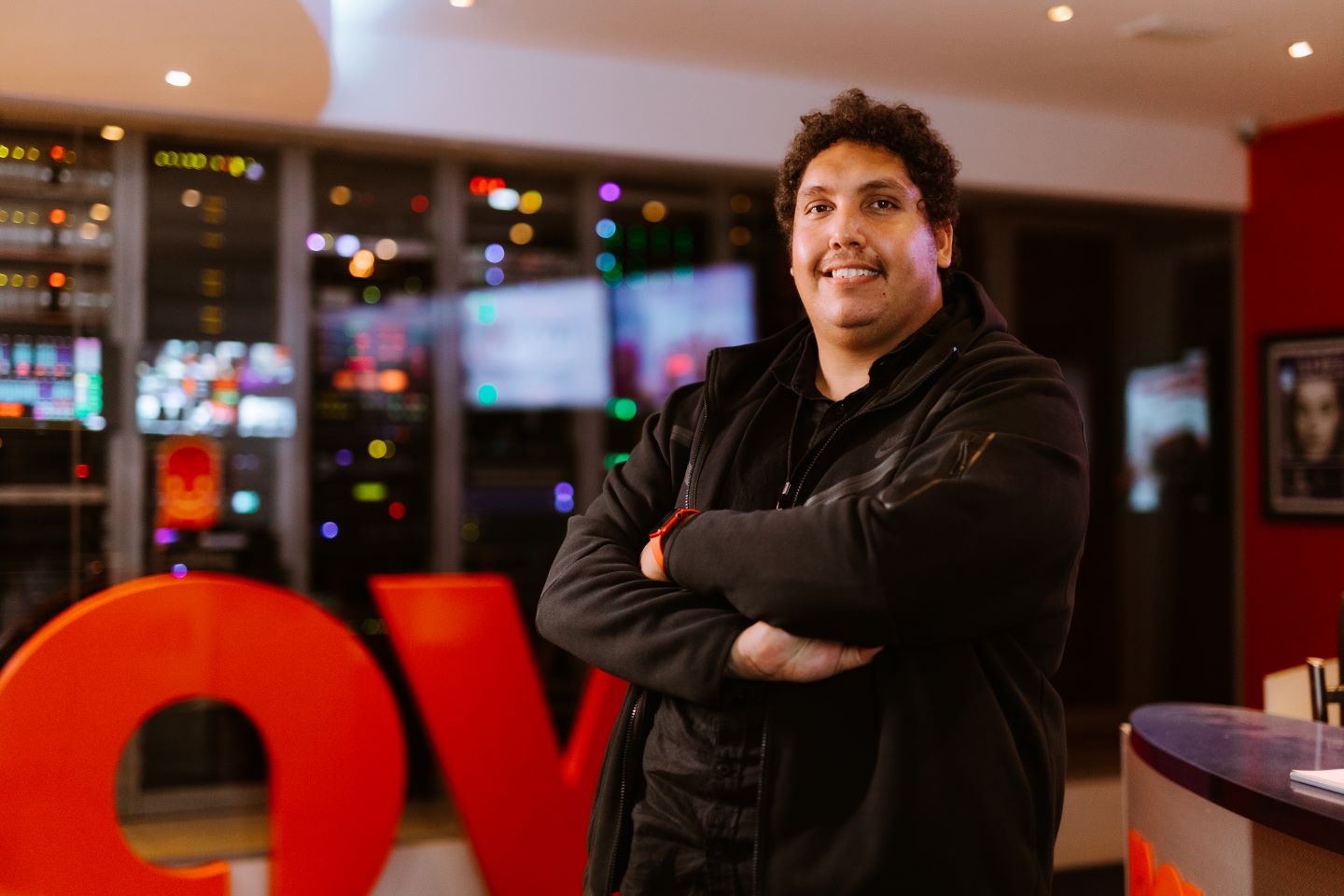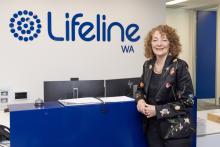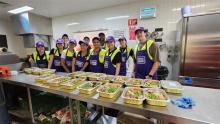Although not-for-profits operate differently to the corporate sector, they still experience the same risks to business and profitability.


Activ and genU CEO Clare Amies shared that while the not-for-profit sector delivers vital services many people in the community depend on, “profit-for-purpose” organisations continue to grapple with funding pressures, staffing levels, and administrative red tape just like their corporate colleagues.
“Community service organisations take great pride in being resilient and operating at an extremely efficient level under difficult circumstances, while keeping our customer’s wellbeing and best interests at the very centre of everything they do,” Ms Amies said.
“While not-for-profit organisations are often viewed as very different to our corporate counterparts, we still face the same challenges that they do to be able to maximise profit, so it is directed back into our services, and positively impacting the lives of those in need of support.”
In identifying three key areas of concern for the year, Ms Amies believes addressing them would ease the strain on the sector, and most importantly, make a positive difference for those people relying on the support community organisations provide.
In a mindset shift that would have a considerable impact, Ms Amies wants to see more businesses embrace employing people with disability to fill their labour needs, not only for the social impact, but also the mutual benefits it creates.
“There is talent in the disability community just waiting to be given the opportunity to show they can perform and contribute to a workplace,” she said.

Activ Pathways helps corporates welcome people living with disability into their workplaces.
With figures showing the current rate of unemployment for working aged people with disability in Australia sits at 7.5 per cent, more than double the 3.1 per cent rate of people without disability, Ms Amies said it’s incumbent on business to step up and be part of the solution. “Everyone would agree this rate is unacceptable and needs to be much lower,” she said.
“As a nation we have the ability to do much better and if we use our combined expertise, we can address this imbalance and get more people with disability into employment. We know many people want to contribute and gain the satisfaction from having a job, but just the need the opportunity to show what they can do.”
Ms Amies said the federal government’s Disability Employment Strategy was designed to increase employment of people with disability, but its success hinged on the business community thinking differently to meet its labour needs.
More inclusive workplaces
“genU and Activ Foundation in WA are leaders in the disability employment and social enterprise spaces, and we have the knowledge and expertise in-house to coach businesses on how to make their workplaces more inclusive and accessible, and at the same time, supercharge their workforce by considering people with disability,” Ms Amies said.
“Historically, businesses may not have been set up as innately inclusive and many don’t know where to start in their own journey of becoming more open and accessible.
"We can help businesses understand what they need to implement to create supportive workplace environments where people with disability can thrive and be genuine assets.”
The search and selection of the right disability accommodation is another item on Ms Amies agenda.
Ms Amies believes we need to continue to streamline access the right funding for people living with disability to be able to find suitable disability accommodation a timely fashion and to ensure housing is built to meet accessibility standards.
“While there may be available stock in disability accommodation homes waiting to be occupied, and customers ready to move into them immediately, many of those customers may not have approval for the right funding to be able to access accommodation,” she said.
The frustration these people experience in this situation causes unnecessary stress. It’s vital that we strive to remove the obstacles to accessing disability accommodation so more Australians living with disability have a place they can call home that meets their individual needs.”
While noting the cost-of-living crisis, Ms Amies put a call to action for the private sector, encouraging businesses to support charities and community organisations like genU where they can this year.

Activ and genU CEO Clare Amies.
In reiterating the recent Hearts and Minds call for business to find new opportunities to support the community and charities, Ms Amies said creating a sustainable community services sector relied on a collective approach.
“Our sector can’t just rely on government funding to bear the full cost of delivering essential and life-changing services to our customers – our success in improving lives is predicated on the ongoing support of business, philanthropy and the whole community,” she said.
“Activ and genU have amazing corporate partners who give generously, through donations, supporting our events, or volunteering. We were grateful for the fantastic support from the business community, and we would welcome more business, philanthropists and individuals getting involved to help us build genuinely inclusive communities this year.
"Your support can mean a very real positive impact to the lives of Australians living with disability."
Under-resourced sector
UWA’s ‘Not-for-profit Landscape 2020’ report highlights the not-for-profit sector’s significant economic contribution as the second highest employing sector in WA, after retail and before mining.
Income to the sector has risen by 2.7 per cent, but costs rose by 7 per cent, and many charities are now operating at a loss, the report found, raising concerns that the sector is under significant financial pressure.
Without a strong and vibrant not-for-profit and charitable sector, the Western Australian community will suffer – especially those people who rely on services and support provided by the sector to live their lives.
The not-for-profit sector is facing increased demand to support vulnerable Western Australians who are facing a cost-of-living crisis, while experiencing staffing and resourcing issues, financial pressures, and funding challenges.
“The sector has proven itself to be incredibly resilient. Always battling financial pressures, lack of funding, increasing demand, and teams often under-resourced and stressed – the sector continues to step up to support vulnerable Western Australians,” Kate O’Hara, CEO of Foodbank WA, told Business News.

Foodbank WA's CEO, Kate O'Hara, at Foodbank's premises at Perth Airport.
“The ongoing cost-of-living and housing crisis is showing no signs of letting up in 2025 as it creeps into broader socio-demographic profiles. This will continue to drive demand for services across the not-for profit sector including Foodbank WA.”
The current economic landscape is proving more challenging for fundraising efforts for the under-resourced and underfunded sector.
Reductions in fundraising were reported across the board in the State of the Sector 2023 survey, with 64 per cent of not-for-profit participants reporting funding reductions, and one quarter reporting a 50 per cent or more decline in fundraising.
“Multi-year and stable funding with any partner – government, corporate or foundation – remains a key issue for the sector. Annual contracts can make it challenging to plan and invest long term,” Ms O’Hara said.
“In 2025 we will see both federal and state elections which will have a ripple effect into the sector and present a pause in funding cycles.”
Company giving programs have the potential to increase overall giving to NFPs in need. Even though many non-profits don’t have company giving partnerships set up, there are many ways to give to WA’s charities.













